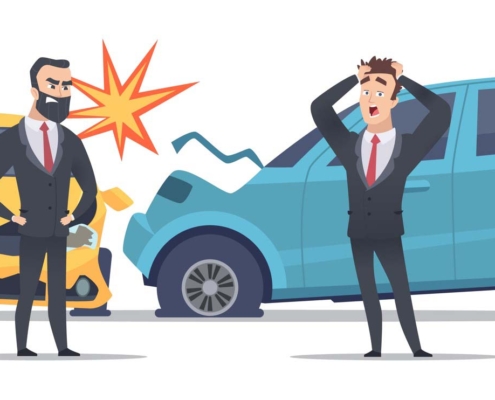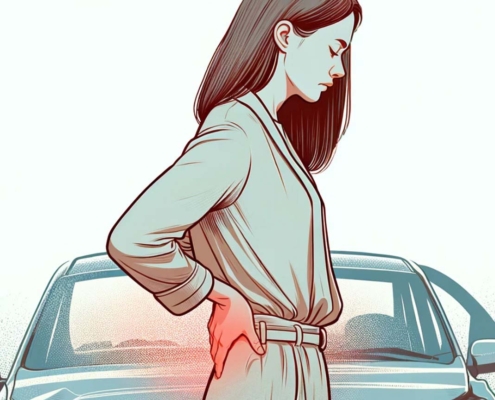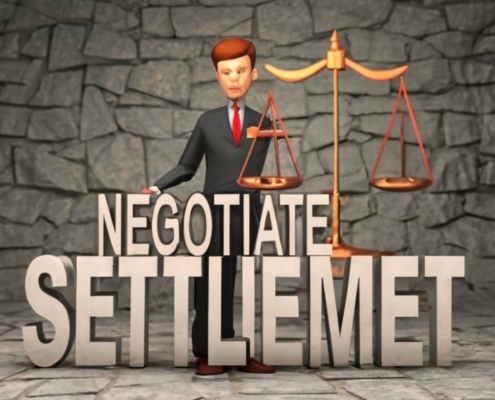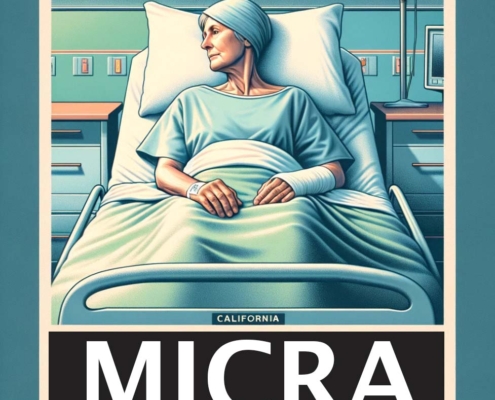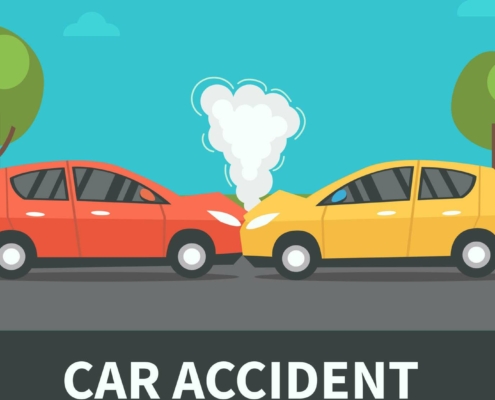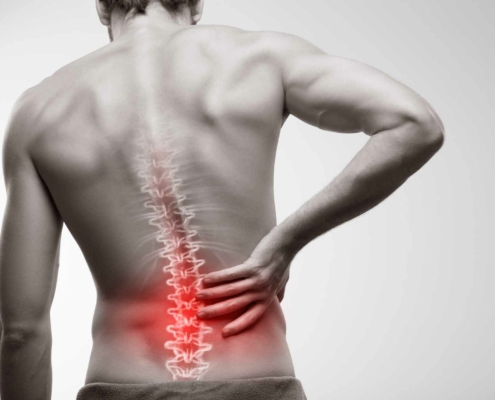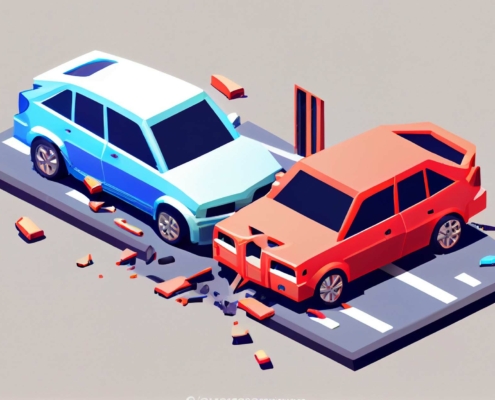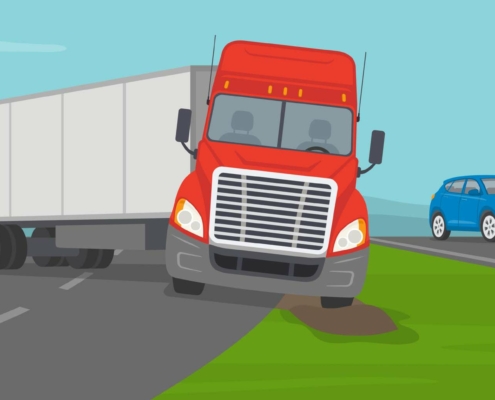What are damages?
Damages are monetary compensation awarded by a court to a person who has suffered a loss or injury due to the actions of another party. Damages are the remedy that a party requests the court award in order to try to make the injured party whole.
Economic damages represent quantifiable, calculable losses. For example, past and future medical expenses, lost wages, and property damages. California law permits injured parties to recover compensation for damages sustained in a car accident. Damages are intended to compensate the injured party and restore them to their original state.
After enduring the trauma of a collision, a personal injury attorney can help you determine how to get money from a car accident. Non-economic damages include pain and suffering, disfigurement, and emotional distress.
Do Not Accept an Initial Offer
You may think that the offer is good because the amount will help you pay for your expenses until you recover. However, the initial offer made by the insurance is likely to be much less than what you deserve. If you agree to this settlement, you won’t be able to get fair compensation. If you don’t take their first offer, will they revoke it? Probably not. Rejecting the insurance company’s first offer rarely leads to a revoked offer. It also isn’t usually followed by a lower settlement offer.
Some insurance companies will pressure you to accept the first settlement offer. These initial offers are often strategically low, exploiting the fact that you likely need money sooner rather than later. “The goal is to settle your case as soon as possible – before you find out what your case is really worth or hire a lawyer,” an attorney explains. Taking one of these offers can result in a significant undervaluation of your claim.
Insurance companies seldom make their best and top offer at the start of negotiations. In most cases, the insurance company can and will pay more than they originally offer in order to settle your case. This is why it is crucial to resist the rush to settle and take time to understand the value of your case.
Once you agree to a settlement, you generally forfeit the right to pursue additional compensation. Take the time to thoroughly review any proposal and consult a legal professional before making any decisions.
Hire an Experienced Attorney
Hiring an experienced attorney early in the process is a strategic move. “A good lawyer can bring a wealth of information and skills to a personal injury case, and with some exceptions, can help you get more for your case than you would otherwise.” An experienced lawyer ensures that the claims adjuster takes your case seriously.
Can you handle your case by yourself? Yes, but that does not necessarily mean you should. Once medical treatment has been completed, car accident cases often settle within six to nine months. However, this can vary depending on many factors of the case.
Most personal injury lawyers work on a contingency fee basis, meaning they only get paid if you win your case. This can provide peace of mind and ensure they are motivated to fight for your maximum compensation.
Build and Preserve a Strong Case
Building a solid case starts at the accident scene. Collect and preserve evidence such as photographs of vehicle damage, injuries, and the scene itself. Witness statements can provide an objective narrative about actions that led up to the accident and who might be at fault. “Proving liability against the other driver—or any other responsible parties—is key for maximizing your settlement value.”
Some of the best evidence you can get is in those moments immediately following the accident. Accident reconstructionists can recreate an accident scene, but nothing beats photos and tangible evidence collected directly at the scene.
If you’ve been injured in a car accident, it’s vital to gather all relevant medical records and bills. A detailed record of your treatment can help substantiate your claim and increase its value.
File Your Case Promptly
Timing is everything in legal claims. You want to avoid inadvertently missing legal deadlines, such as the statute of limitations. In California, this is typically two years from the accident date. Failure to file within this deadline means the court will likely dismiss your case entirely.
“Evidence may become less reliable as time passes, and witness memories can fade.” Filing a lawsuit early allows formal evidence gathering to begin, preserving crucial details that might otherwise be lost.
Memories fade over time. It’s vital to pursue an injury claim promptly following a car accident. Witnesses’ recollections of events may become less accurate.
Avoid Discussing Your Case with the Insurance Company
“No matter how friendly the adjuster from the other driver’s insurance seems, they are not on your side.” Communicating with them puts your case in jeopardy. Insurance companies are skilled in techniques that may lead to you undermining your case.
When you have legal representation, insurance companies are prohibited from speaking with you directly. All communication—including settlement negotiations—will go through your lawyer. This buffer prevents you from making statements that could harm your case.
You might inadvertently say something they can use against you in a liability dispute. Your words, even seemingly harmless ones, can be misconstrued and used to devalue your claim.
Stay Off Social Media
Social media can become a minefield for accident victims. Avoid posting details about your accident, injuries, or recovery. “Insurance companies and opposing lawyers often scrutinize social media for evidence that could contradict your injury claims.”
A simple photo or status update suggesting physical activity can be taken out of context to argue that your injuries are not as severe as claimed. If you can’t refrain from using social media, be very cautious about what you post.
Even posts that are not related to the accident can be used against you by the insurance company and defense attorneys. Although it may be a hard thing to do, it is usually best to take a break from social media altogether until your case is finalized.
Make a Good Impression in Court
If your case proceeds to trial, making a good impression in court is critical. “The way the judge and jury see you can influence your case’s outcome.” That includes being on time, dressing appropriately, and behaving respectfully in the courtroom.
Your attorney can guide you on best practices for courtroom conduct. This preparation ensures you present yourself as a credible, honest individual, bolstering your chances for a favorable outcome.
Even small details, like body language and how you answer questions, can impact how the jury perceives you. These subtle cues can help convey the extent of your pain and suffering.
Collect and Retain Evidence
In the minutes immediately following a collision, if physically able, attempt to collect evidence at the scene. Evidence supporting a car accident compensation claim includes photographs of the scene, names and contact information of involved parties, insurance information, and the police accident report.
“Take pictures of all the cars involved in the collision before they are moved away from the scene.” This includes photos of damage, road conditions, and weather. Documenting the scene thoroughly can strengthen your case significantly.
A police accident report provides an impartial account of the incident, which can be crucial in negotiations or court proceedings.
Seek Medical Treatment Immediately
If your car accident leads to medical treatment, retain all records of medical bills, examinations, and diagnoses. “For example, you may believe you suffered no or only minor injuries following an accident. However, as more time passes, it may become apparent that the car accident caused permanent pain and discomfort.”
Prompt medical attention is crucial for linking your injuries to the accident. This documentation is vital for proving the extent of your damages.
Under the law, you (the injured person) have the burden of proving your damages—that is, proving how badly you were injured and how much medical care it took to treat your injuries.
Avoid Common Pitfalls
- Do not assign blame or apologize at the scene. Stick to the facts when speaking to the police.
- Do not accept the first offer. Initial settlement offers often fail to cover long-term costs.
- Do not delay filing your claim. Prompt action helps preserve evidence and strengthen your case.
Avoiding these pitfalls ensures your case remains strong and focused on achieving fair compensation.
Document All Expenses
“Keep detailed records of all accident-related expenses.” This includes medical bills, property repair costs, lost wages, and even transportation to medical appointments. Having comprehensive documentation ensures all damages are accounted for in your settlement.
Maintaining copies of your employment records is also critical. Lost wages can generate a huge financial burden on you and your family.
Consider Future Damages
“Maximizing your car accident settlement also means accounting for future needs.” This includes long-term medical treatments, surgeries, and the impact on your earning capacity. An attorney can help you calculate these potential costs and include them in your settlement demand.
Future damages often play a critical role in personal injury cases. By working with financial and medical experts, your attorney can create a detailed projection of your ongoing needs.
Non-Economic Damages
Non-economic damages are more difficult to quantify because they represent intangible losses. “These damages include pain and suffering, disfigurement, physical impairment, and emotional distress.”
Often, non-economic damages may far surpass economic damage awards. A personal injury attorney can help you present evidence to support a higher award for non-economic damages.
California law does not provide a fixed standard for the calculation of non-economic damages. As a result, injury awards for non-economic damages vary from person to person.
Conclusion
Navigating a car accident claim can be complex and overwhelming, but taking the right steps can significantly increase your settlement value. From understanding your damages to hiring a skilled attorney, each action contributes to a stronger case. “Preparation and professional guidance are key to achieving the compensation you deserve.”
When in doubt, consult with experienced legal professionals who can guide you through the process and advocate for your best interests. Achieving justice requires diligence, expertise, and unwavering focus on your recovery and rights.


